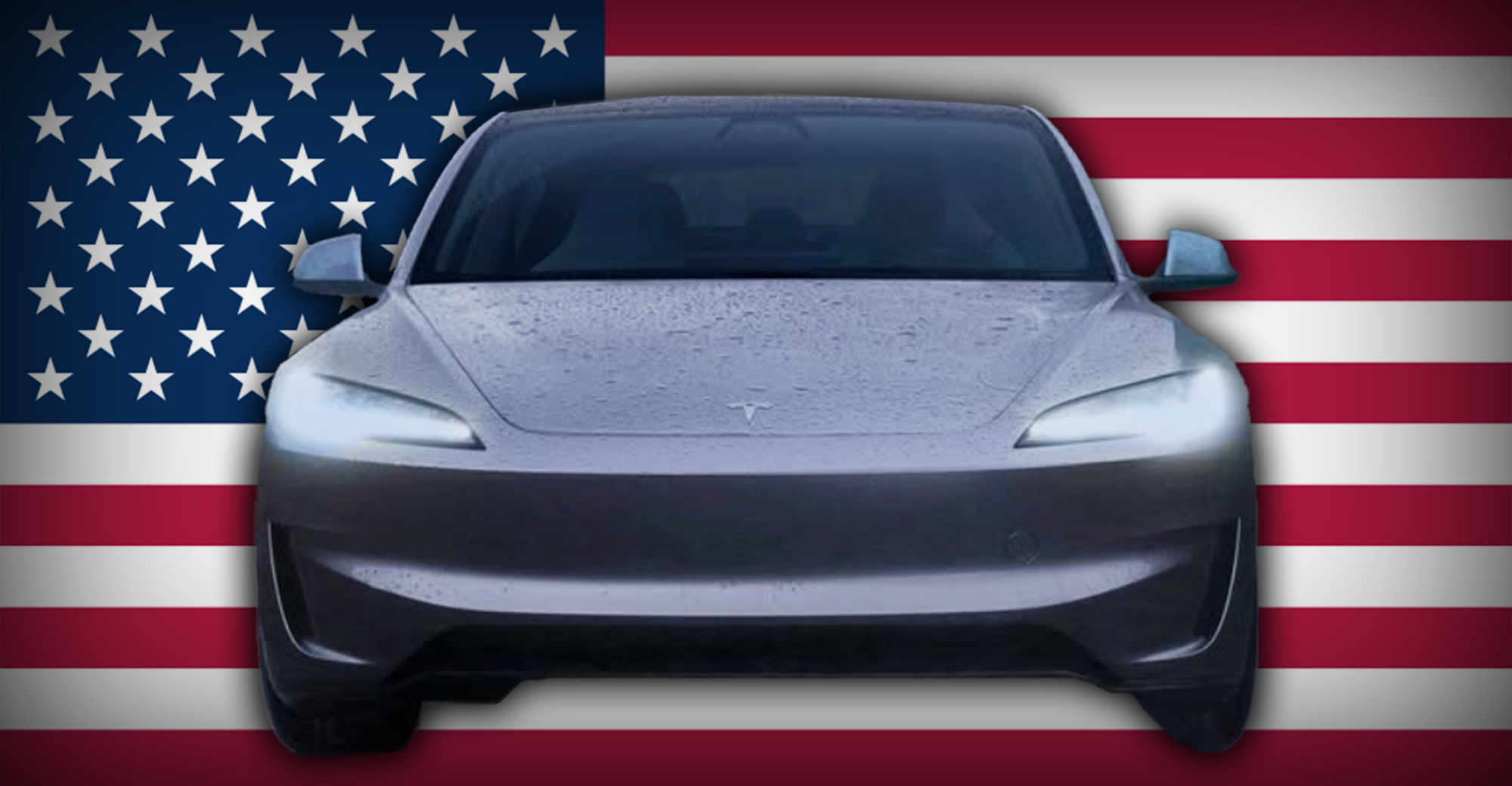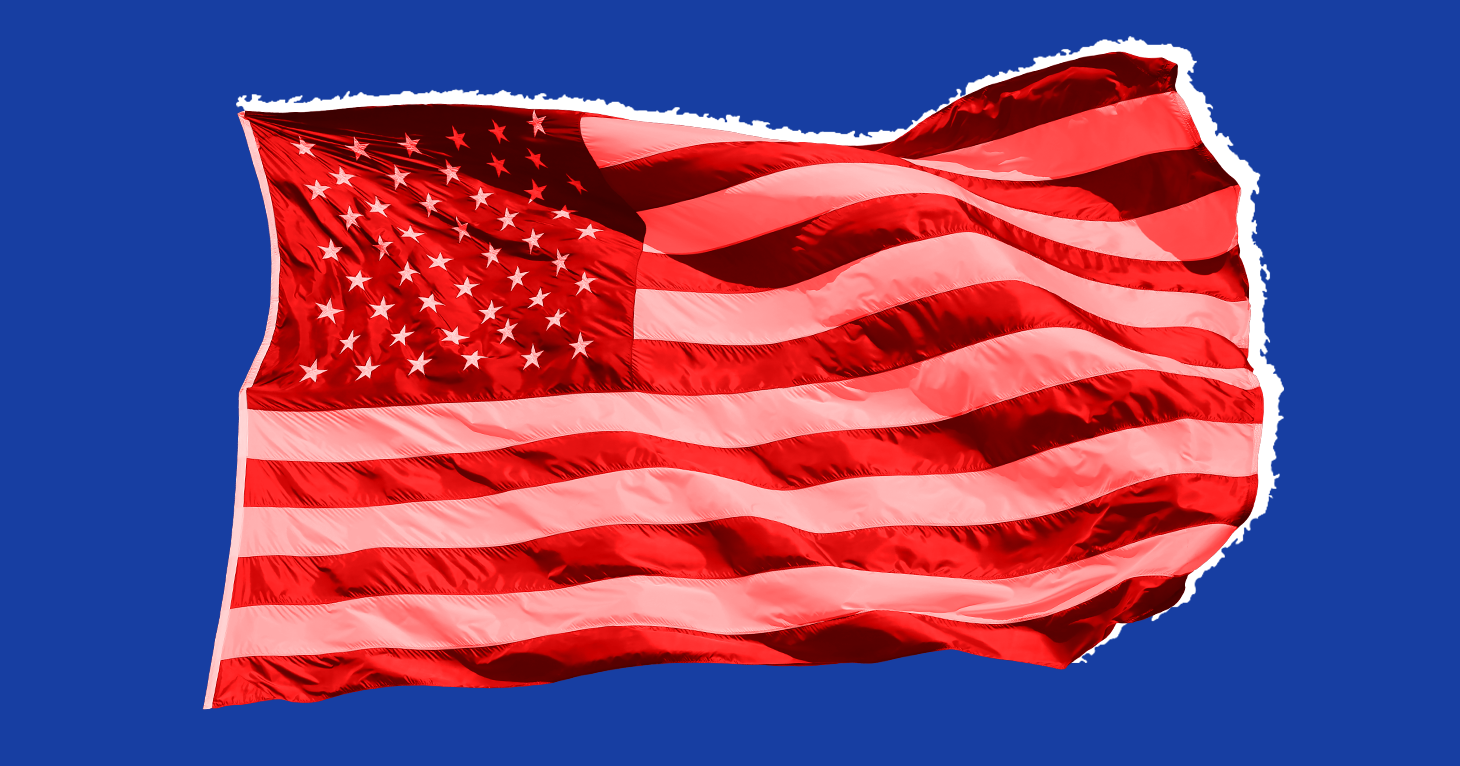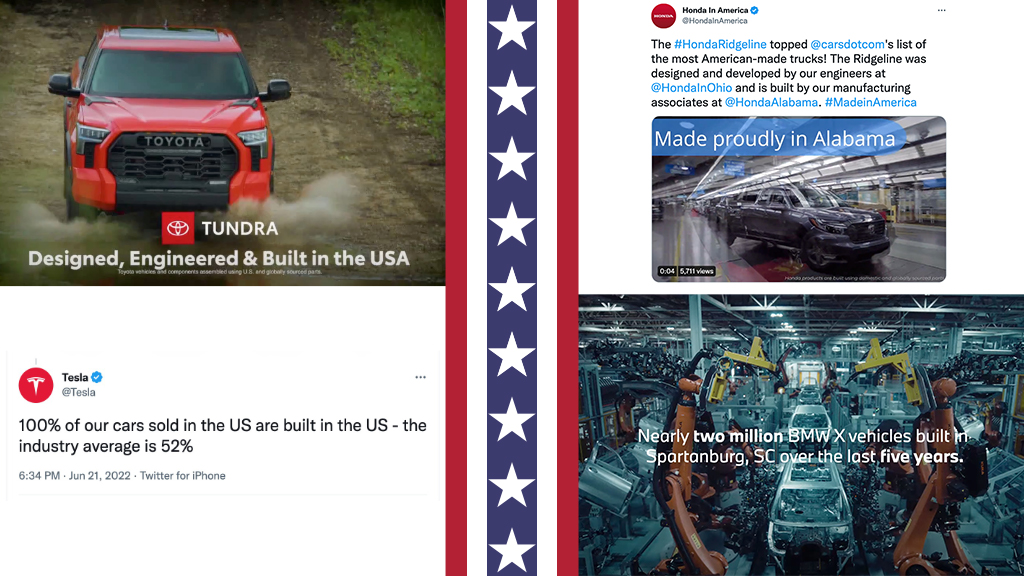
Tesla
TINA.org investigated Tesla and found that the automaker is deceptively marketing its vehicles as made in the U.S. when they are actually assembled in the U.S. using a significant amount…
A class-action lawsuit was filed against Tesla Motors for allegedly falsely advertising that used Tesla model S and model X vehicles travel approximately 210 miles on a full charge when, according to the complaint, the vehicles travel only 166 miles on a full charge. Plaintiffs also claim that Tesla represents that it has fully inspected vehicles without providing written details about the results to buyers and that the company fails to honor the advertised warranties. The lawsuit was originally filed in July 2019 and amended in November 2019. (Nguyen et al v. Tesla, Inc. d/b/a Tesla Motors, Inc., Case No. 19-cv-1442, C.D. Cal.)
For more of TINA.org’s coverage of the marketing of automobiles, click here.
TINA.org investigated Tesla and found that the automaker is deceptively marketing its vehicles as made in the U.S. when they are actually assembled in the U.S. using a significant amount…
Allegations: Falsely marketing that the company was “perpetually on the cusp of perfecting” a fully self-driving car when it was not
Allegations: Falsely advertising that electric vehicles can travel longer distances on a single charge than their actual average range
Allegations: Charging consumers more than the represented and agreed upon prices
Allegations: Falsely advertising that Tesla provides three years of free supercharging for vehicles
Allegations: Misrepresenting that vehicles’ batteries would outlast the vehicles when an automatic software update causes the batteries to lose significant battery capacity or become inoperable
Allegations: Misrepresenting the parts to install, the price, and the time periods needed to install solar roof energy systems
Tanya Gazdik, Media Post
TINA.org notifies electric vehicle maker for second time in three years.
TINA.org investigations expose the truth and prompt marketing changes
MADISON, CONN. November 7, 2022 – No Super Bowl is complete without at least one car commercial teeming with red, white and blue flags and blatant nods to Americana with…
TINA.org puts the auto industry on notice.




